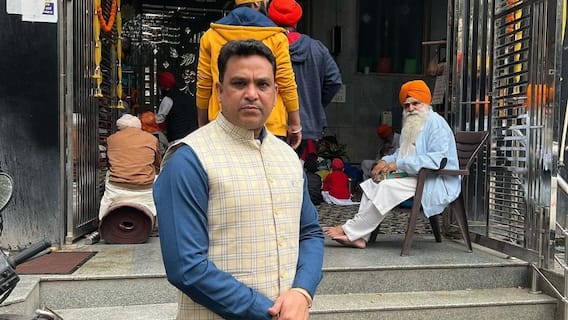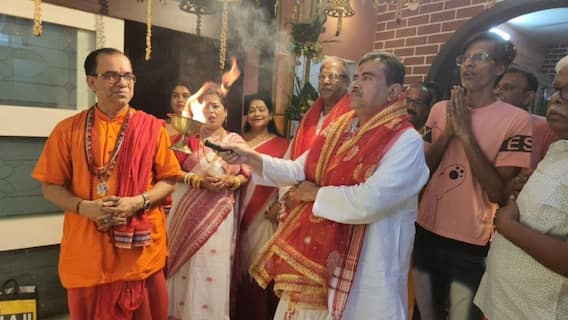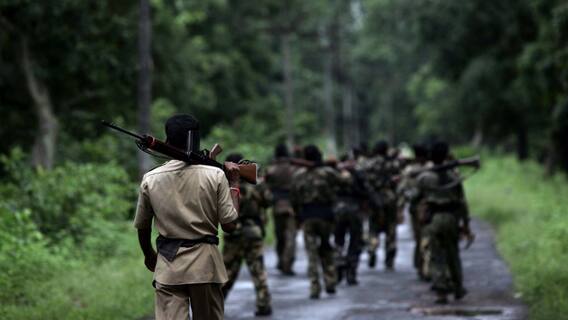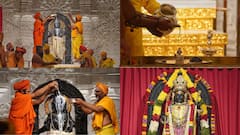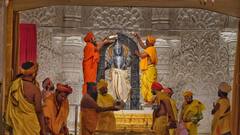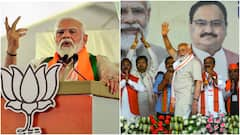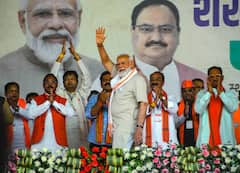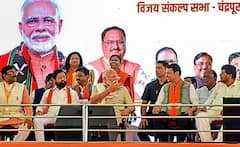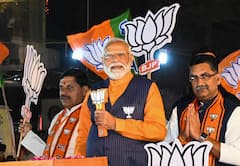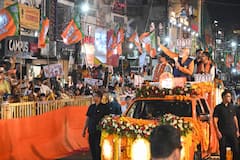Explorer
Advertisement

Modi arrives in Israel on historic visit
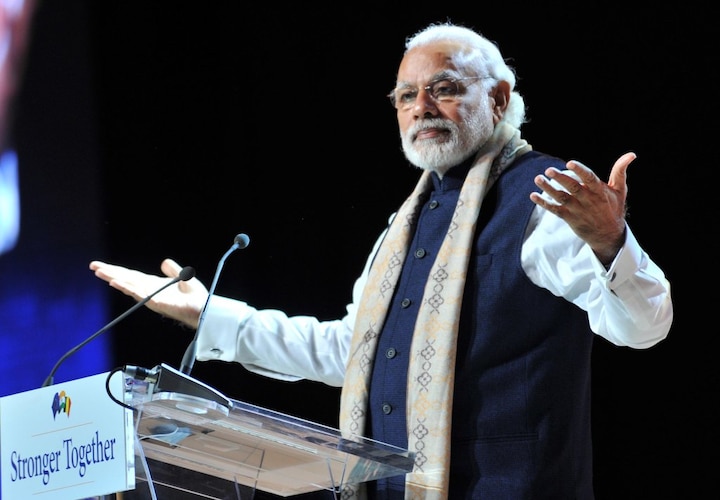
Photo: AFP/File
Jerusalem: Prime Minister Narendra Modi arrives in Israel today, July 4, on a historic visit that resets India's foreign policy as never before.
Modi is the first Indian Prime Minister to set foot on Israeli soil, though this is not the first time he does so. As Chief Minister of Gujarat he visited Israel and left behind firmly etched memories of a leader deeply interested as much in science and technology as in homeland security and cultural bonding.
Modi's oft-repeated one-liner at public rallies in rural areas, "More crop per drop", owes its origin in the impressions he gathered during that visit of Israel's extraordinary achievement in water management and irrigation technology.
That mutually shared respect for Israel and interest in its success story in innovating technology and applying it through further innovation has proved to be abiding. With Modi's rise in India and internationally, Israel's respect for him has soared, as has its interest in India.
Modi's visit comes in the silver jubilee year of India and Israel establishing diplomatic relations. Before Prime Minister PV Narasimha Rao drove a stake through what was possibly the biggest folly of the Nehruvian doctrine (known as 'Nehruvian Consensus') that drove India's foreign policy, Israel was off India's radar.
But establishing diplomatic relations with Israel did not mean India discarding all vestiges of its past policy of discrimination. For the better part of the last 25 years, it was a relationship that dared not speak its name.
The Delhi Establishment thought owning up the relationship would enrage Arabs. The Political Establishment thought coming out with Jews as partners would anger India's Muslims.
Ironically, both the beliefs, like a lot of other nontruths to which the Indian Establishment has meekly allowed itself to be held hostage, were never quite the reasons why New Delhi kept its relationship with Jerusalem in purdah.
Nehru aligned with Nasser (and Tito) and this forced India to abandon Israel. With every defeat that Nasser suffered, India's stand became harsher. Spurious Arab nationalism spun around anti-Israelism rubbed off on the Indian Establishment and was used opportunistically by India's Muslims who were by then waking up to their 'veto' power through their vote.
It has been a long journey since those dirge days to Modi's grand arrival in Israel. This visit puts India-Israel relationship in an entirely different trajectory. It can never go back to being hid from public view irrespective of the political party in power.
This is a relationship that looks beyond immediate objectives determined by the exigencies of the times. It is a relationship that at 25 is looking at the next 25 years.
Hence it's not only about guns and homeland security, counter-terrorism and radical Islamist violence. It is about the great disruptor of the 21st Century -- technology.
Modi's visit will initiate a technology-intensive relationship whereby Israeli cutting edge knowhow will be applied to India's farms and in managing, recycling and desalinating water.
The larger twin security concerns of the coming decades are water security and food security. The two are intertwined; the second would be possible to achieve provided the first is ensured.
As India becomes increasingly water stressed and farm sector efficiency suffers mainly on this account, technology can help deal with both issues. Wars of the future will be fought over water, not oil.
The other frontier that big powers and emerging powers are seeking to conquer is space. India has already taken a head-start but it needs massive infusion of technology to stay ahead in the race.
Cooperation between Isro and Israeli Aerospace has been happening, most noticeably in the launch of multiple nano satellites. This cooperation will get a further boost with the signing of fresh agreements.
Last though not the least is cooperation in dealing with organised crime and terrorism of the future -- cyber crime and cyber terrorism. Once again, Israeli technology, tested and proved, will be a boon for India in fencing and protecting its cyber space. Understandably, it is high on the agenda.
A senior Israeli official involved with Modi's visit was understating its importance when he said it was "not a let's get onto a plane and visit a country" event; it's a visit that opens the doors to the future.
From "running commentary on morality", as India's foreign policy was known till the Nehruvian Consensus was dumped into the dustbin of history, to chasing and acquiring state-of-the-art technology to secure India's interests, a New India, a Digital India, is heralding its coming of age.
Follow Breaking News on abp LIVE for more latest stories and trending topics. Watch breaking news and top headlines online on abp News LIVE TV
View More
Advertisement
Advertisement
Advertisement
Top Headline
Election 2024
Election 2024
Election 2024
Technology
Advertisement
Trending News

for smartphones
and tablets
and tablets



